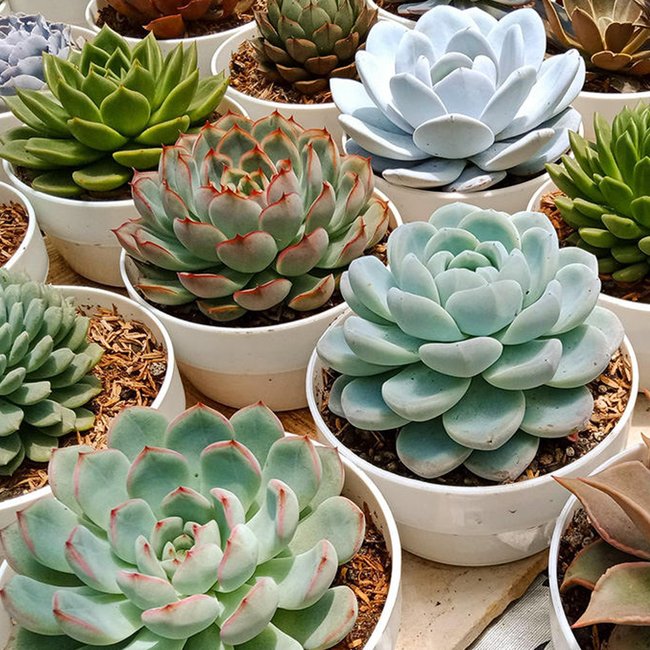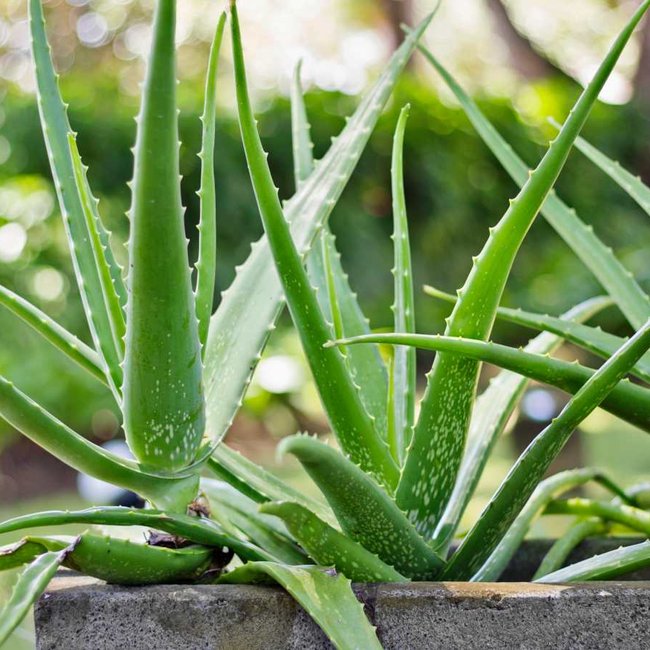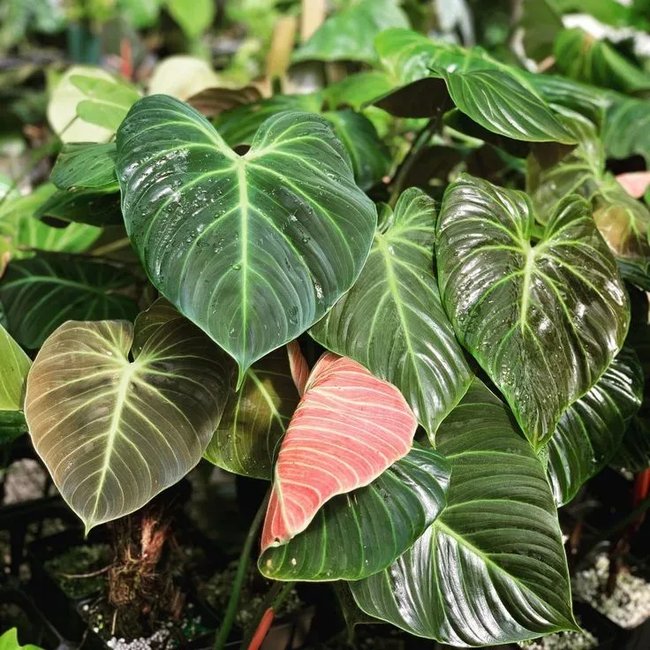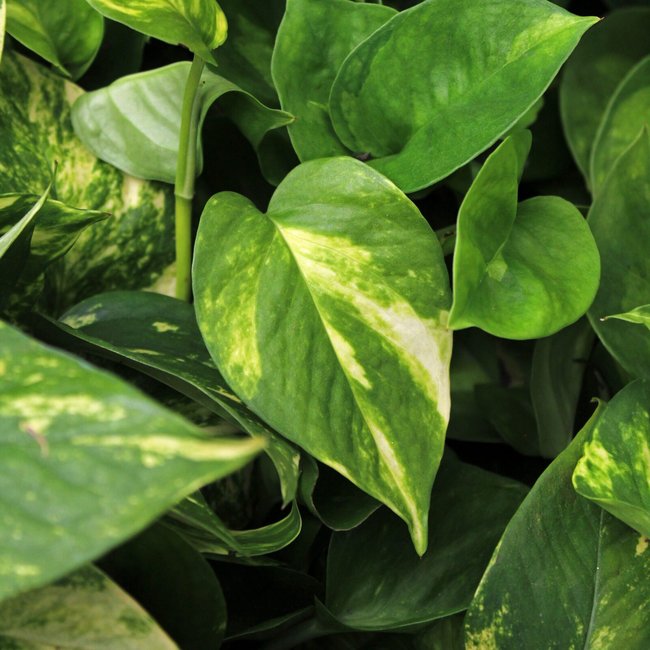Chives
Chives are a species of perennial flowering plants that belong to the onion family. They are commonly used as a herb and are known for their mild onion-like flavor.
Classification and Taxonomy
Chives belong to the genus Allium, which is part of the Amaryllidaceae family. The scientific name for chives is Allium schoenoprasum.
Description and Characteristics
Chives are a low-growing herb that can reach heights of up to 24 inches. The leaves are long and tubular, and range in color from green to purple. The flowers are small and star-shaped and range in color from white to pink.
Distribution and Habitat
Chives are native to Europe, Asia, and North America. They are commonly found in grassy areas, meadows, and gardens.
Ecology and Reproduction
Chives reproduce by seed and can also spread through underground stems. The flowers are pollinated by bees, butterflies, and other insects.
Uses and Economic Importance
Chives are a popular herb that is used in cooking to add flavor to dishes. They can also be used to make herbal teas and tinctures.
Conservation Status
Chives are not considered to be threatened or endangered.
-
What are chives?
Chives are a type of herb that belong to the same family as onions, garlic, and leeks. They have long, thin green leaves and a mild onion-like flavor. Chives are commonly used as a garnish for dishes, as well as in salads, soups, and sauces. They are also a popular ingredient in dips and spreads.
-
How do I grow chives?
Chives are easy to grow and can be grown indoors or outdoors. They prefer well-drained soil and full sun, but can also tolerate some shade. Chives can be grown from seed or by dividing clumps of established plants. They should be planted in the spring and can be harvested throughout the growing season. To harvest, simply cut the leaves at the base of the plant.
-
What are the health benefits of chives?
Chives are a good source of vitamins A and C, as well as minerals such as calcium and iron. They also contain antioxidants that can help protect against cancer and other diseases. Chives have anti-inflammatory properties and may help to lower cholesterol levels. Additionally, chives have been shown to have antibacterial and antifungal properties.
-
How do I use chives in cooking?
Chives can be used in a variety of dishes to add flavor and nutrition. They are commonly used as a garnish for soups, salads, and baked potatoes. They can also be used in dips and spreads, as well as in omelets and quiches. Chives can be chopped and added to butter or cream cheese for a tasty spread. They can also be used to flavor vinegars and oils.
-
Are there any precautions I should take when using chives?
Chives are generally safe to consume in moderation. However, some people may be allergic to them and should avoid them. Additionally, chives may interact with certain medications, such as blood thinners. If you are taking any medications, it is important to talk to your doctor before consuming chives.
-
How do I store chives?
Fresh chives can be stored in the refrigerator for up to a week. To store, wrap the chives in a damp paper towel and place them in a plastic bag. Alternatively, you can place them in a jar or container with a small amount of water and cover them with a plastic bag. Chives can also be frozen for later use. Simply chop them up and place them in an airtight container or freezer bag.
-
Can chives be grown in containers?
Yes, chives can be grown in containers, making them a great option for those with limited garden space. Choose a pot that is at least 6 inches deep and has drainage holes. Fill the pot with well-draining potting soil and plant the chives in the center. Water the plant regularly and place it in a sunny location. Chives grown in containers may need to be watered more frequently than those grown in the ground.
10 Fun Facts About
1. Chives are one of the oldest known herbs. 2. Chives have been used for culinary and medicinal purposes since ancient times. 3. Chives are a good source of vitamins A and C, as well as iron, calcium, and potassium. 4. Chives are known to repel insects, such as aphids. 5. Chives can be used to make a refreshing herbal tea. 6. Chives have a mild onion-like flavor. 7. Chives can be grown indoors or outdoors. 8. Chives are a popular choice for container gardens. 9. Chives can be frozen for up to 6 months. 10. Versatile Herb: Chives are a versatile herb that can be used in a wide range of dishes, from soups and stews to salads, sandwiches, and dips. 11. Close Relatives: Chives are a member of the Allium family, which includes other popular herbs and vegetables such as onions, garlic, and leeks. 12. Easy to Grow: Chives are very easy to grow and are a great herb for beginners. They can be grown indoors or outdoors and require minimal maintenance. 13. Nutritious Herb: Chives are a good source of vitamins A and C, as well as minerals such as calcium, potassium, and iron. 14. Medicinal Properties: Chives have been traditionally used in herbal medicine to treat a variety of ailments, such as colds, flu, and stomach problems. 15. Attractive Appearance: Chives are an attractive herb that can add a pop of color to any garden or windowsill. They have bright green leaves and produce small, purple flowers in the summer. 16. Companion Planting: Chives are a great companion plant for many other herbs and vegetables, as they can help repel pests and attract beneficial insects such as bees and butterflies. 17. Aromatic Herb: Chives have a mild onion-like flavor and a pleasant, delicate aroma that can enhance the flavor of many dishes. 18. Culinary Uses: Chives are often used as a garnish for soups and salads, but can also be added to scrambled eggs, omelets, and other egg dishes. They can also be used to make a delicious herb butter or as a flavoring for cream cheese or sour cream dips. 19. Different Varieties: Chives come in several different varieties, including common chives, garlic chives, and onion chives. Each variety has a slightly different flavor and appearance, but all are equally easy to grow and delicious to eat.
Pun
Chives are a cut above the rest!
Similar To
Garlic, Onions, Leeks, ShallotsKeywords: Allium, Amaryllidaceae, Onion family, Herb, Culinary, Medicinal, Garnish, Repel, Aphids, Tea, Mild, Onion-like, Indoor, Outdoor, Container Garden, Freeze.








